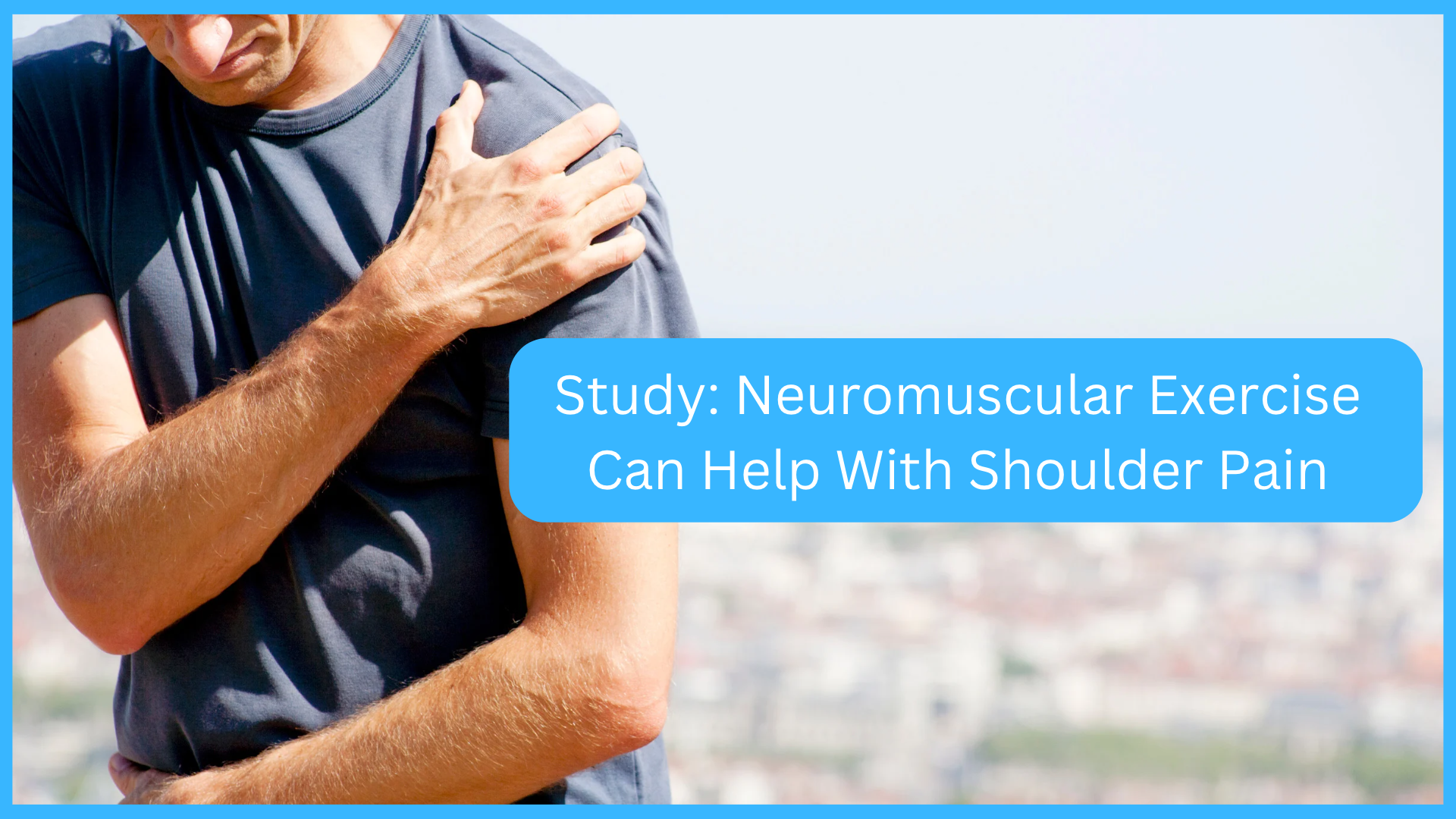
Abstract
BACKGROUND AND OBJECTIVES: Frozen shoulder (FS) is characterized by pain and significant loss of active and passive shoulder motion. Strengthening exercises are among the standard exercises used for FS. Neuromuscular exercise (NME) effectively improved pain and the range of motion in shoulder. However, no prior research has looked into the effects of NME compared to strengthening exercises in FS rehabilitation. The aim of the present study was to evaluate the effects of NME compared to strengthening exercises on pain and active range of motion (AROM) in individuals with idiopathic frozen shoulder.
METHODS: Forty individuals with idiopathic frozen shoulder were randomly assigned to either the experimental group (NME with regular physical therapy, n = 20) or the control group (strengthening exercises with regular physical therapy, n = 20). In both groups, the interventions were performed once a day, 5 days a week for 8 weeks. Pain scores on the visual analogue scale (VAS) and AROM of the shoulder were assessed at baseline and after the 8-week treatment. The primary analysis was the group × time interaction.
RESULTS: Two-by-two mixed analysis of variance (ANOVA) revealed a significant group × time interaction for VAS (F = 29.67; p < 0.01); AROM in flexion (F = 12.05; p < 0.01), internal rotation (F = 6.62; p < 0.05) and external rotation (F = 16.93; p < 0.01) in favor of the experimental group. The two-by-two mixed ANOVA revealed a significant main effect of time for VAS (F = 1648.47; p < 0.01); AROM in flexion (F = 591.70; p < 0.01), extension (F = 114.57; p < 0.01), abduction (F = 1602.04; p < 0.01), internal rotation (F = 664.14; p < 0.01) and external rotation (F = 1096.92; p < 0.01). No other significant differences were found.
CONCLUSIONS: NME is superior to strengthening exercises in terms of pain and AROM of shoulder flexion, internal rotation and external rotation in individuals with idiopathic FS. NME could be used to treat individuals with FS.
TRIAL REGISTRATION: Trial registration number: ChiCTR2100054453. Registration date: 17/12/2021.